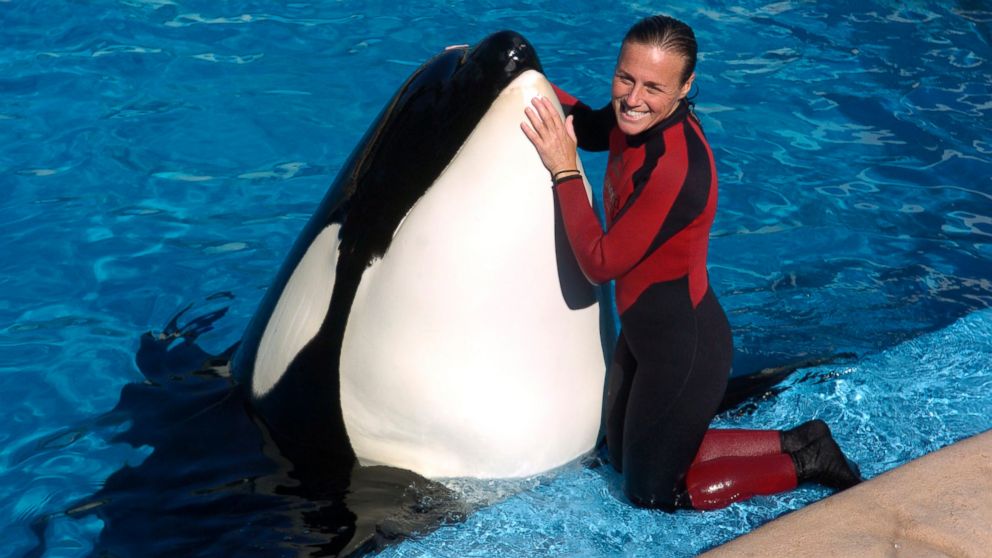
Introduction
The 2010 orca killed trainer accident at SeaWorld in San Diego shocked the world and raised vital questions about animal captivity and safety protocols in marine parks. This tragic event, involving a performing orca named Tilikum, spurred significant public outcry and backlash against keeping highly intelligent marine mammals in captivity. Understanding the details of this incident is crucial, both for educating future trainers and for shaping policies regarding captive marine animals.
The Incident
On February 24, 2010, orca trainer Dawn Brancheau was killed during a performance at SeaWorld. Tilikum pulled Brancheau into the water after a routine presentation, leading to a fatal incident that garnered worldwide media attention. This was not the first incident involving Tilikum; he had previously been linked to two other deaths, raising further concerns about the safety of trainers working with orcas.
Repercussions and Reforms
In the aftermath of the incident, there was a notable shift in public perception surrounding marine parks. Animal rights organizations such as PETA urged for stricter regulations and even the cessation of orca performances. The U.S. Occupational Safety and Health Administration (OSHA) subsequently fined SeaWorld for unsafe working conditions and mandated changes to ensure trainer safety. This incident spurred discussions about the ethical implications of keeping orcas in captivity, leading to increasing support for the idea of marine sanctuaries instead of traditional aquariums.
Conclusion
The orca killed trainer incident remains a poignant example of the dangers of animal captivity and management. It has prompted discussions about trainer safety and animal rights, leading to reforms in how marine mammals are treated in entertainment settings. As public interest in animal welfare grows, the future of orca performances seems uncertain, with an increasing push for their preservation in their natural habitats rather than in captivity. With ongoing research and advocacy, we may see a shift toward more humane treatment of these intelligent animals, prompting a necessary reevaluation of how trainers and marine mammals interact.



